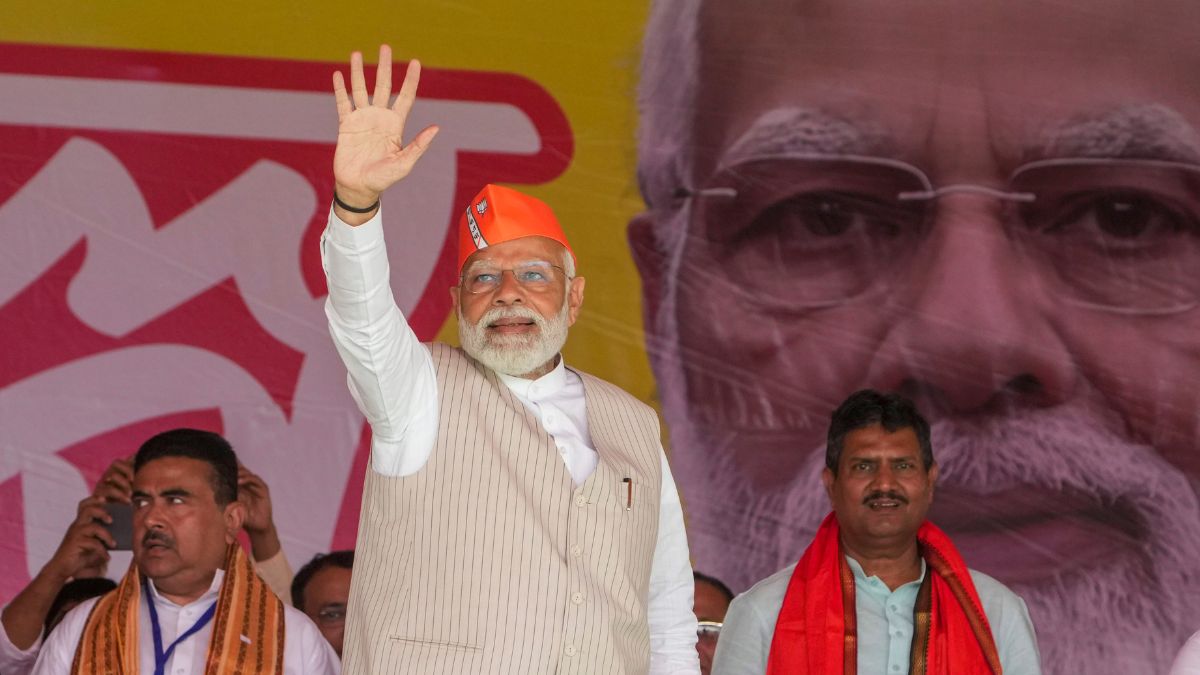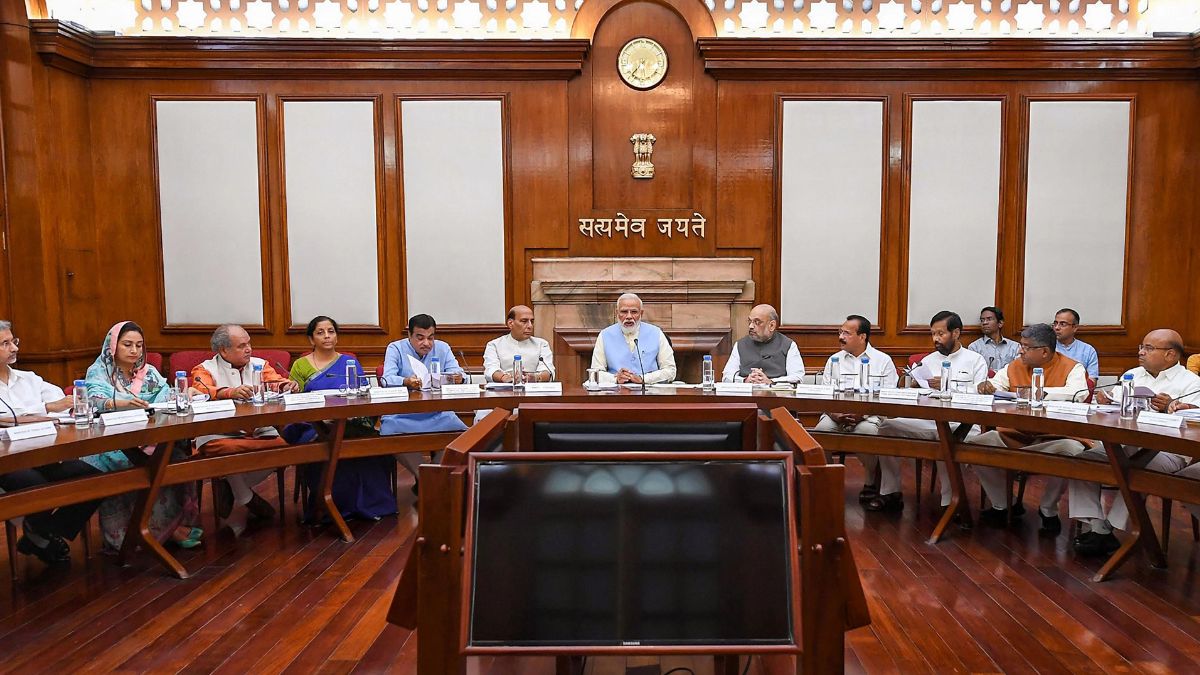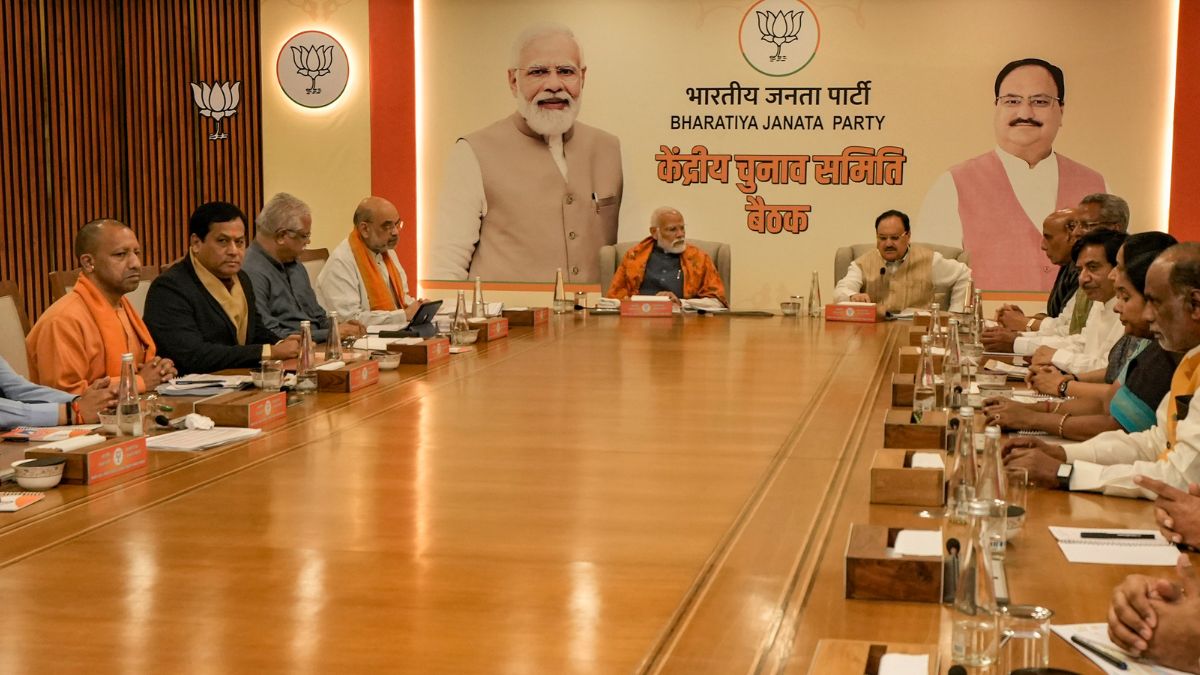Bogijuli village, Tamulpur (Baksa, Assam): “There is no help from the government. We get neither seeds nor fertiliser from the government for farming. In our small plots of land we somehow manage to do a little bit of paddy cultivation but we can barely feed our family,” said a farmer Birdao Basumatary.
Basumatary’s identity is not limited to being a farmer alone. He is also a member of the Bodoland People’s Front (BPF), that calls the shots in the Bodoland Territorial Council, or BTC.
The BTC, which takes care of the jurisdiction of the Bodoland Territorial Area District (BTAD), is an autonomous Administrative unit constituted under the Sixth Schedule of the Constitution covering an area of 8,795 square kilometre. The four BTAD districts — Kokrajhar, Baksa, Udalguri and Chirang — were carved out of seven existing districts namely Kokrajhar, Bongaigaon, Barpeta, Nalbari, Kamrup, Darrang and Sonitpur of the central and western Assam.
Explaining the rationale behind the creation of the BTC, the official website says : “The administrative unit has been created with a mission to accomplish development in the area of economic, education, preservation of land right, linguistic aspiration, Socio-culture and ethnic identity of Bodos and above all to speed up the infrastructure development of communities in the BTC area.__”
For someone like Basumatary, life should have been smooth given the mission behind the creation of the BTC. Sadly though, even today there is a glaring gap between the aim and the actual execution. He sat along with a few other BPF members and villagers in a temporary election office along the National Highway 127D in Bogijuli under the Tamulpur Legislative Assembly constituency in Assam’s Baksa district. Everyone had one thing in common — weary eyes which dreamt of a better life ahead. So far, that dream has been elusive.
Unlike the smooth and wide NH 127D that connects Bhutan’s Samdrup Jongkhar town with India via Tamulpur, the life in the adjoining villages where Basumatary sits now, has always remained a struggle to survive sans basic amenities.
“In nearby places like Kadamguri, Similiguri, no. 7 and even in Bogijuli we don’t have electric connections. Only the poles have come up in some places. In some places, the cables are in place but they are not charged yet. Unlike the highway, the remote areas have no roads. During monsoon, commuting becomes very difficult and it is worse during monsoons. We hope Emmanuel Sir will take care of that soon,” he said.
Emmanuel Mosahary is the incumbent Tamulpur MLA from the BPF and is contesting again from the seat.
Among the others who were seated in that roadside election office was Sunil Narzary, who was a member of the erstwhile Bodo Liberation Tigers Force (BLTF), that went defunct after the militant organisation entered into a tripartite pact with the Centre and Assam government on 10 February 2003. This paved the way for the formation of the BTC after the BLTF cadres surrendered en masse on 6 December 2003. Narzary was amongst those who surrendered. Former BLT chief Hagrama Mohilary was sworn in as the Chief Executive Member (CEM) on 7 December 2003. Hagrama now heads the BPF.
“I had surrendered with the hope that my life would get better. But since 2003, I have received a cheque of only Rs 50,000 from Hagrama. It gets all used up in feeding my family. I have a wife, a 17-year-old son and two daughters aged nine and seven respectively. Now I am forced to work as a daily labourer. Although I am ashamed to do it, I have run out of choices,” Narzary told Firstpost.
“Even a pair of bullocks would cost you Rs 60,000 to Rs 70,000,” adds Basumatary.
Being a former militant of a dreaded organisation that once reigned terror in the entire Bodo-belt, Narzary considers it below his dignity to work as a labourer. His pride as an ex-BLT often prevents him from seeking financial help from the BPF.
“When there is absolutely no alternative I go the BPF office asking for monetary help. They do dole out Rs 1,000-1,500 once a month at times like alms. This is insufficient to feed my family. It was Hagrama’s responsibility to take care of us as we surrendered after his instruction,” Narzary said.
Notwithstanding his principles whatever they might be, working as a daily labourer isn’t easy for Narzary.
“He was once captured by the troops of the Rajput Rifles of the Indian Army and badly tortured in a nearby camp. He was subjected to electric shocks. He was so badly beaten, that today he finds it difficult to walk or stand for long hours,” said one Pravin Boro.
Tamulpur like most of the other regions of the BTAD is hardly industrialised and the economy is largely agrarian severely restricting livelihood to cultivation and other allied jobs. Despite that, the thrust from either the Assam government or the BTC on agriculture has been pathetic.
While travelling through the interiors of Tamulpur constituency, Firstpost came across Runu Moshahary and Bimal Murmu – the former a Boro and the latter an Adivasi. Unlike the Bodo-Adivasi conflict of 1996 that has smeared an entire generation with gory bloodshed, the struggle for survival has brought both the communities together. Deprived of the bare minimum, the common Bodos and Adivasis have both realised that unity and peace are the only way forward for some sort of economic resilience.
Not comfortable with the idea of being interviewed by a stranger on a highway, Runu was initially keen on moving away but opened up e later.
“There have not been much development in the last five years. We did not get as much as we had expected. There are no roads, electricity, schools or hospitals. We somehow lead our lives on cultivation,” he said, repeating the same concerns as Basumatary, revealing lack of employment opportunities in the area.
Lack of work has forced Murmu to go as far as Himachal Pradesh where he works in agricultural fields helping in putting up dong, a traditional water harvesting procedure.
“I have come only to vote. We have to vote whatever it may be,” he said.
Someone like Murmu would be a proud example of a thriving democracy if his zeal to vote is gauged. Question is how much has the democracy given back to him or his friend like Moshahary?
In June last year, the BPF had snapped its 8-year-old alliance with the Congress blaming the national party of neglecting it. In January this year, it forged an alliance with the BJP in the presence of Prime Minister Narendra Modi. The Prime Minister assured the BPF that a special package of Rs 1,000 crore would be granted to the BTC. It remains to be seen how much of that would usher in development in the region or would just end up as a bait for votes.


)




)
)
)
)
)
)
)
)